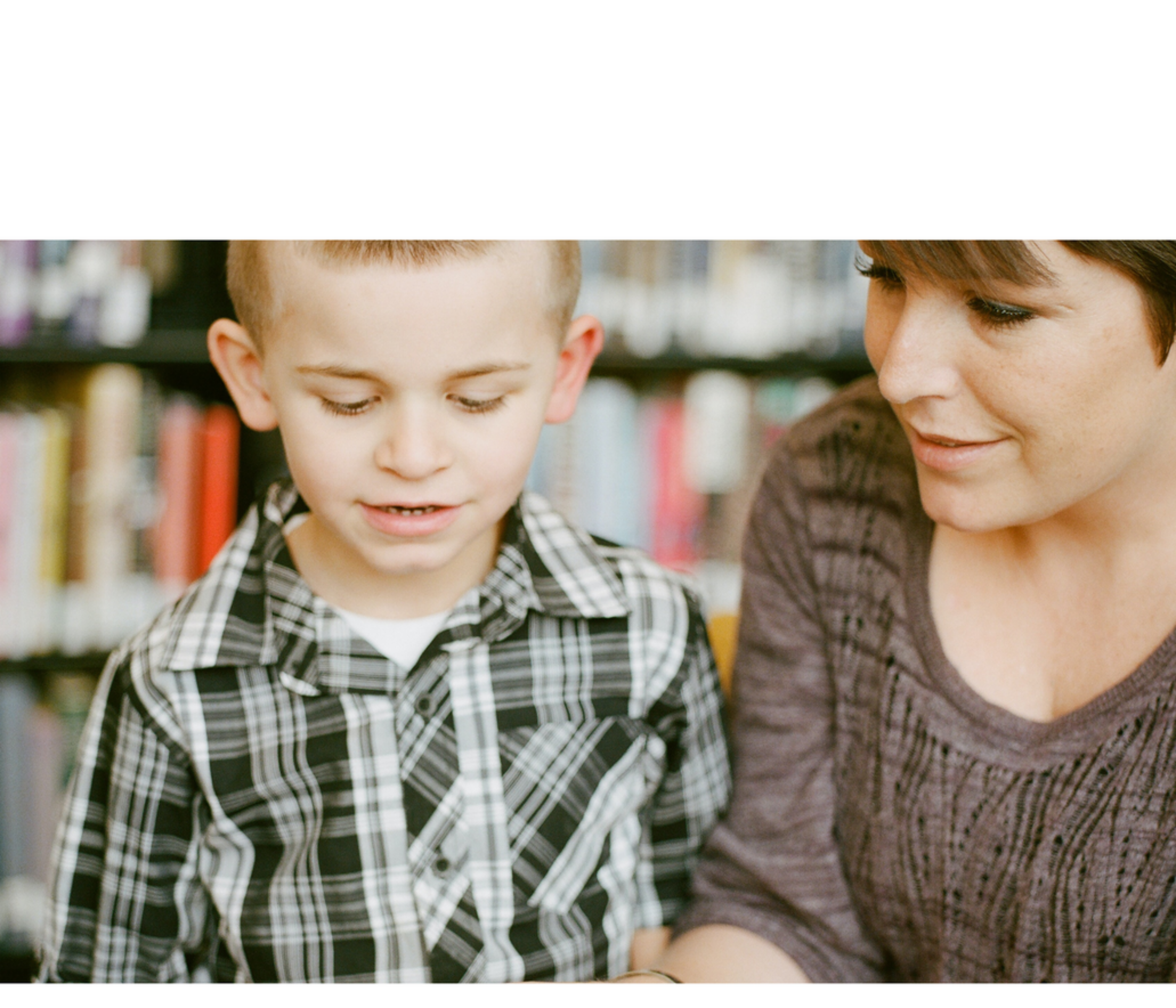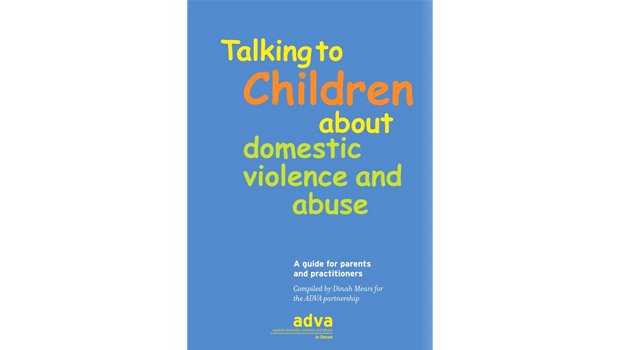An excellent guide for parents and practitioners on how to talk to children about the domestic abuse they have experienced has been developed by ADVA in Devon and shared by many local councils.
This is a summary of this excellent guide:
Children who have lived with domestic abuse may feel:
- Powerless
- Confused
- Angry
- Guilty
- Afraid
- Alone
Children need:
- to hear that it is not their fault
- to talk about their feelings and experience in their own time
- to know that you are going to help them stay safe
- your patience and understanding
- to know that violence is never ok
General Tips:
- Denial does not help the child – this just teaches them that violence is normal. Denial makes them feel isolated and crazy.
- It is a lot scarier for children if no one ever talks about the violence and abuse and allows them to talk about it themselves.
- Acknowledge that it may be challenging for you to talk about it too.
- Speak about your ex in a general way – no name calling.
- Set respectful limits if the child is acting out the violence they have seen.
- Share your own concerns with another adult.
Restored has developed a Handbook for Female Survivors of Domestic Abuse.
Many sections in the handbook can apply to all female survivors of abuse with any faith background or none. Included in the wide range of helpful subjects are chapters on supporting children


